Philosophy After Nature
Philosophy After Nature
Edited by
Rosi Braidotti and Rick Dolphijn

Published by Rowman & Littlefield International Ltd
Unit A, Whitacre Mews, 26-34 Stannary Street, London SE11 4AB
www.rowmaninternational.com
Rowman & Littlefield International Ltd.is an affiliate of Rowman & Littlefield
4501 Forbes Boulevard, Suite 200, Lanham, Maryland 20706, USA
With additional offices in Boulder, New York, Toronto (Canada), and Plymouth (UK)
www.rowman.com
Selection and editorial matter 2017 by Rosi Braidotti and Rick Dolphijn
Copyright in individual chapters is held by the respective chapter authors.
All rights reserved. No part of this book may be reproduced in any form or by any electronic or mechanical means, including information storage and retrieval systems, without written permission from the publisher, except by a reviewer who may quote passages in a review.
British Library Cataloguing in Publication Data
A catalogue record for this book is available from the British Library
ISBN: HB 978-1-7866-0385-2
PB 978-1-7866-0386-9
Library of Congress Cataloging-in-Publication Data
Names: Braidotti, Rosi, editor.
Title: Philosophy after nature / edited by Rosi Braidotti and Rick Dolphijn.
Description: Lanham : Rowman & Littlefield, 2017. | Includes bibliographical references and index.
Identifiers: LCCN 2017013912 (print) | LCCN 2017017902 (ebook) | ISBN 9781786603876 (Electronic) | ISBN 9781786603852 (cloth : alk. paper) | ISBN 9781786603869 (pbk. : alk. paper)
Subjects: LCSH: PhilosophyHistory21st century.
Classification: LCC B805 (ebook) | LCC B805 .P44 2017 (print) | DDC 190dc23 LC record available at https://lccn.loc.gov/2017013912
 The paper used in this publication meets the minimum requirements of American National Standard for Information SciencesPermanence of Paper for Printed Library Materials, ANSI/NISO Z39.48-1992.
The paper used in this publication meets the minimum requirements of American National Standard for Information SciencesPermanence of Paper for Printed Library Materials, ANSI/NISO Z39.48-1992.
Printed in the United States of America
Contents
Rosi Braidotti and Rick Dolphijn
Michel Serres
Franoise Balibar
Vera Bhlmann
Rick Dolphijn
Mark B. N. Hansen
David Roden
Ashley Woodward
Damiano Roberi
Debashish Banerji
Richard Iveson
Danielle Sands
Christopher Thomas
After Nature
Rosi Braidotti and Rick Dolphijn
MODERNITY AND NATURE
In some remote corner of the universe, poured out and glittering in innumerable solar systems, there once was a star on which clever animals invented knowledge. That was the highest and most mendacious minute of world history yet only a minute. After nature had drawn a few breaths the star grew cold, and the clever animals had to die.
The quote above is the opening paragraph of an early text from Friedrich Nietzsche. It is a text that has been interpreted in many different ways throughout the past century. Yet, as we are rereading it in light of the crises that mark todays world, its take on (post)humanity, on human knowledge and above all its take on how human knowledge positions (and repositions) nature, strikes a startling relevant note. This text from 1873 provides a perfect framework for unfolding the different analyses presented in this book. Our volume deals with the contemporary state of discussions about nature in philosophy and the humanities. More specifically it addresses our collective dis/in/ability, in/capability and ir/responsibility in relation to this issue.
We come after nature in so many ways. First, because we, the dwellers of the Anthropocene, are facing the disastrous consequences of our reckless exploitation of the planetary resources. Second, we come after nature in understanding the role played by our capitalist culture and market economy in both unsettling the natureculture divide and in complicating it further through all-pervasive technological mediation. Let us develop these points further.
In the framework of the shared anxiety about the future of the human species, which is now officially recognized as living in the era of the Anthropocene,
This volume adopts a materialist approach, which assumes that the actual motor of the historical development of modernity, with its emphasis on progress through science and technology (and resting on the Enlightenment ethos of emancipation through reason), is capitalism itself. The logic of advanced capitalism that we want to defend in this volume is drawn from Deleuze and Guattaris pertinent analyses of capitalism as schizophrenia. Extremely simple at some level, this system can be defined as a never-ending search for ever-growing profit. This axiom is so evident that its loyal believers assimilate it to human nature, thereby elevating greed and self-interest to the height of an evolutionary human trait. We follow the critical Spinozism of Deleuze and Guattari in two parallel ways: We question the possessive individualism hypothesis and its aggressive view of evolution and then propose to replace it with a monistic ontology that supports a cooperative vision of human relationality and its evolutionary capacity.
The profit motive is the unquestionable axiom of capitalism. Traversing the territorial order that stratified the earth in affiliative circles, in fixed hierarchical regimes, the capitalist motor has deterritorialized these patterns for more than two centuries now decoded them rigorously. It did so not according to a rational monetary logic based on trade and commodities but according to the irrational flows of capital as a desiring machine.
In order to secure the flows of capital (i.e. in order to minimalize the resistance against these flows), the project of modernity makes use of the simplest dualisms, often absolutizing ancient presuppositions and hierarchies. This dualistic device opposes male to female, white to black and the West to the rest. It is important to note that in the end, for capitalism, it is not the actual content of the terms that matters as much as their sustained opposition. Capitalism is the negative of society, of culture, of any kind of social formation. Or as Deleuze put it in one of his lectures:
Capitalism is constituted on the failure of all the pre-existent codes and social territorialities. If we admit this, what does this represent: the capitalist machine, it is literally demented. A social machine that functions on the basis of decoded, deterritorialized flows, once again, it is not that societies did not have any idea of this; they had the idea in the form of panic, they acted to prevent this it was the overturning of all the social codes known up to that point.
In other words, capitalism is not interested in any one specific, let alone dominant, code; it only works by decoding, which means that it does not come with any specific form of knowledge. Rather, it practices a serial dis/re-organization of information in order to secure the flows of capital. The multiple racisms and the sexisms and all other dualisms find their basis in what we can call a culturalism, an organization of the world that more and more alienates itself from nature, which it constructs as its extreme limit. This social constructivist method, however, begs the question of grasping the shifting relationship between nature and culture, which is currently reshaped by the flows of deterritorialization of advanced capitalism. The transcendent force needed for the capitalist machine to keep on producing rests on the systemic undoing of the ties that bind the clever animal Anthropos to nature. This disconnection allows for the undoing of the territorial, planetary as well as social ties that have enabled life in the first place.
Next page

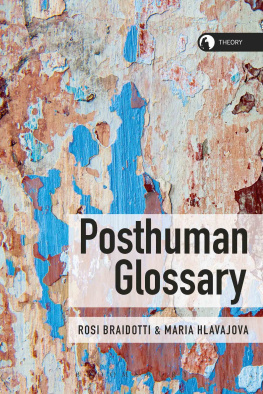
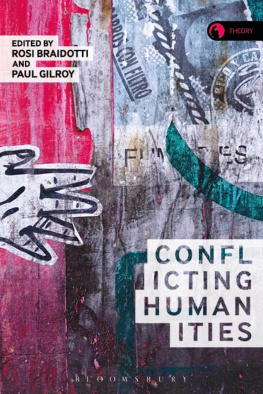
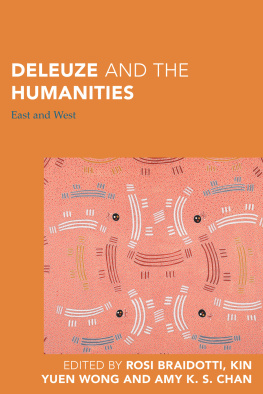
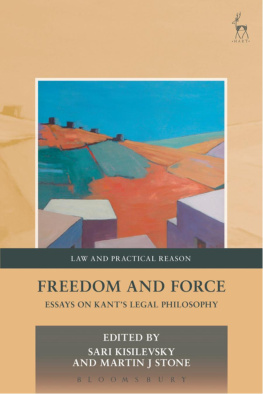
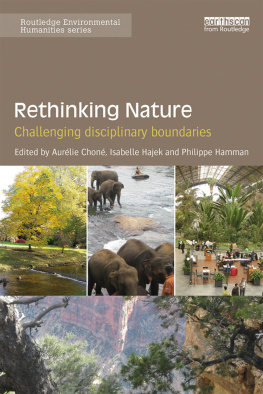
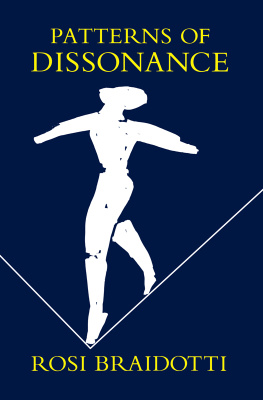


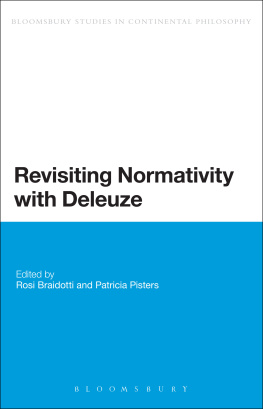
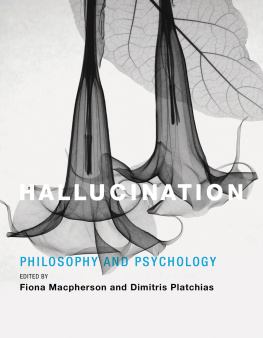
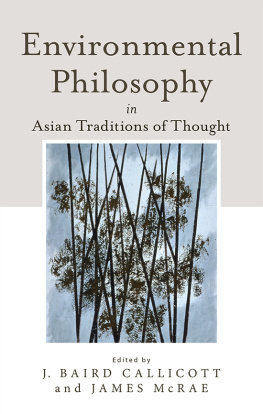
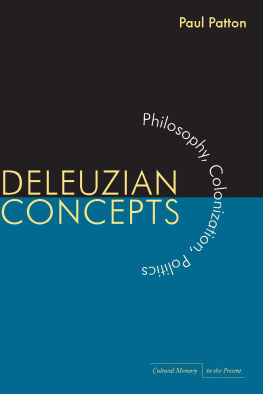
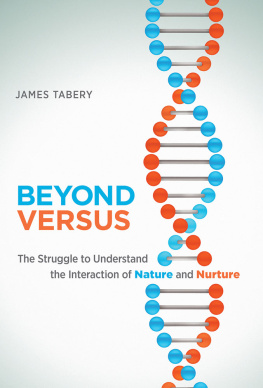

 The paper used in this publication meets the minimum requirements of American National Standard for Information SciencesPermanence of Paper for Printed Library Materials, ANSI/NISO Z39.48-1992.
The paper used in this publication meets the minimum requirements of American National Standard for Information SciencesPermanence of Paper for Printed Library Materials, ANSI/NISO Z39.48-1992.